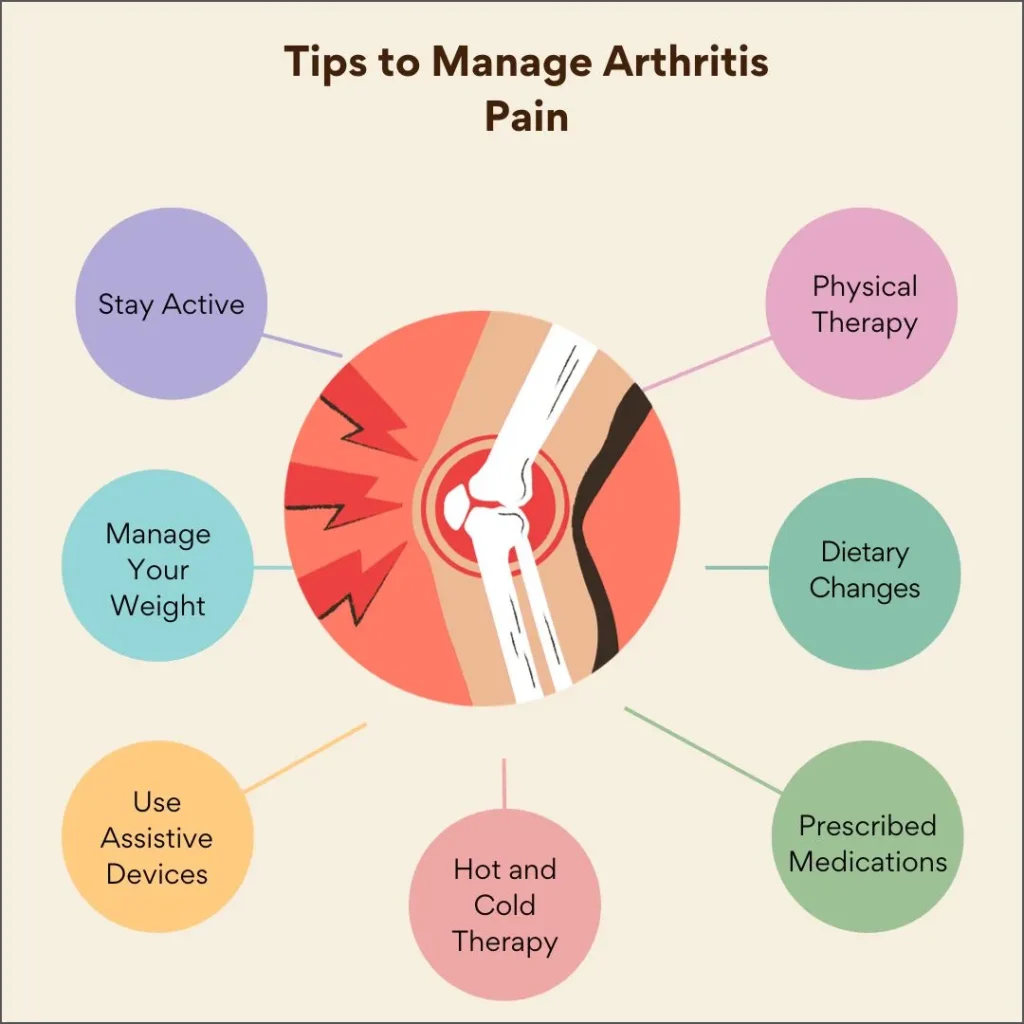Joint pain can be a common issue for many people, especially as they age. It can be caused by a variety of factors, including arthritis, injuries, overuse, and other conditions. However, there are ways to prevent and alleviate joint pain with some expert tips. In this article, we will discuss some of the best strategies for maintaining healthy joints and reducing discomfort.
Stay Active
One of the best ways to prevent joint pain is to stay active and maintain a healthy weight. Regular exercise can help strengthen the muscles around your joints, improve flexibility, and reduce stiffness. It can also help with weight management, which can reduce the strain on your joints. Low-impact exercises like swimming, cycling, and yoga are great options for those with joint pain.
Eat a Healthy Diet
Another important factor in preventing joint pain is maintaining a healthy diet. Eating a diet rich in fruits, vegetables, whole grains, and lean proteins can help reduce inflammation in the body, which can contribute to joint pain. Foods high in omega-3 fatty acids, such as salmon, flaxseeds, and walnuts, can also help reduce joint pain and stiffness.
Stay Hydrated
Drinking plenty of water is essential for joint health. Water helps lubricate the joints and keep them flexible. Dehydration can lead to stiffness and discomfort in the joints, so be sure to stay hydrated throughout the day. Aim to drink at least 8-10 glasses of water per day to keep your joints healthy.
Use Proper Body Mechanics
Using proper body mechanics is important for preventing joint pain, especially when lifting heavy objects or performing repetitive tasks. Be sure to lift with your legs, not your back, and avoid twisting your body while lifting. When sitting or standing for long periods, be sure to maintain good posture to reduce strain on your joints.
Get Regular Exercise
Regular exercise is important for maintaining healthy joints and preventing pain. Incorporate a variety of exercises into your routine, including strength training, flexibility exercises, and cardiovascular activities. Be sure to warm up before exercising and cool down afterward to prevent injury and reduce stiffness in your joints.
Take Breaks
If you have a job that requires you to sit or stand for long periods, be sure to take breaks to stretch and move around. Sitting or standing in one position for too long can lead to stiffness and discomfort in the joints. Try to take short breaks every hour to walk around, stretch, and move your joints.
Use Assistive Devices
If you have joint pain, consider using assistive devices to help reduce strain on your joints. For example, using a cane or walker can help take pressure off your lower body joints when walking. Using ergonomic tools and equipment can also help reduce strain on your joints when performing tasks at work or home.
Manage Stress
Stress can contribute to inflammation in the body, which can worsen joint pain. Finding ways to manage stress, such as through meditation, yoga, or deep breathing exercises, can help reduce inflammation and alleviate joint pain. Be sure to prioritize self-care and relaxation to maintain healthy joints.
Get Plenty of Sleep
Sleep is essential for joint health and overall well-being. Aim to get 7-9 hours of quality sleep per night to allow your body to rest and repair itself. Poor sleep can lead to increased inflammation in the body, which can worsen joint pain. Create a relaxing bedtime routine and create a comfortable sleep environment to promote restful sleep.
Consult a Healthcare Professional
If you are experiencing persistent joint pain, it is important to consult a healthcare professional for an accurate diagnosis and treatment plan. They can help determine the underlying cause of your joint pain and recommend appropriate treatments, such as medications, physical therapy, or surgery. Be sure to follow their advice and recommendations for managing your joint pain effectively.
Conclusion
Preventing and alleviating joint pain is possible with the right strategies and lifestyle habits. By staying active, eating a healthy diet, staying hydrated, using proper body mechanics, getting regular exercise, taking breaks, using assistive devices, managing stress, getting plenty of sleep, and consulting a healthcare professional, you can maintain healthy joints and reduce discomfort. Incorporate these expert tips into your daily routine to keep your joints healthy and pain-free.
#Expert #Tips #Preventing #Alleviating #Joint #Pain
